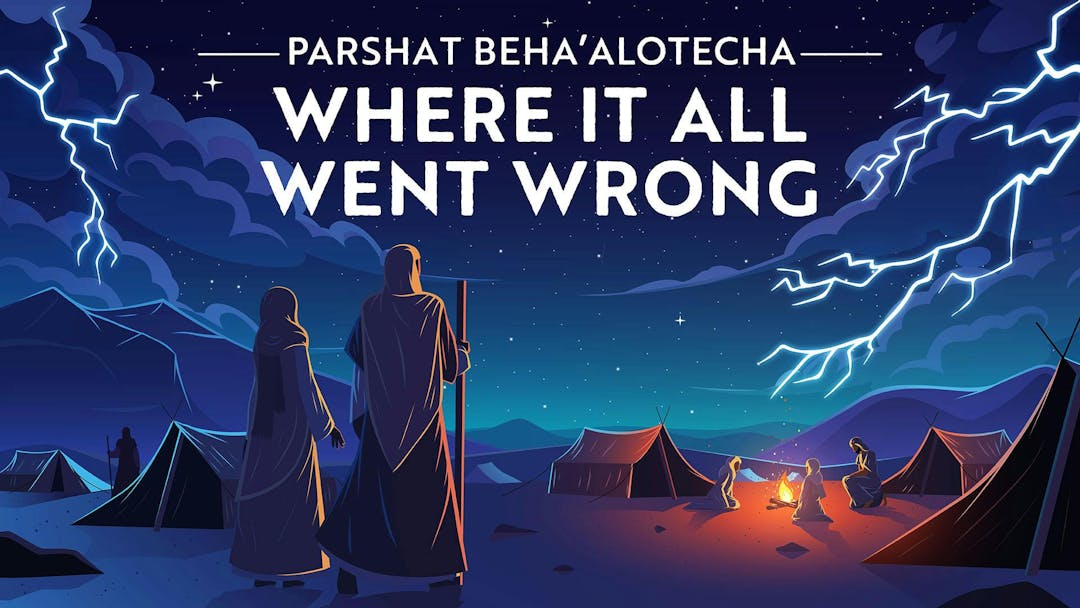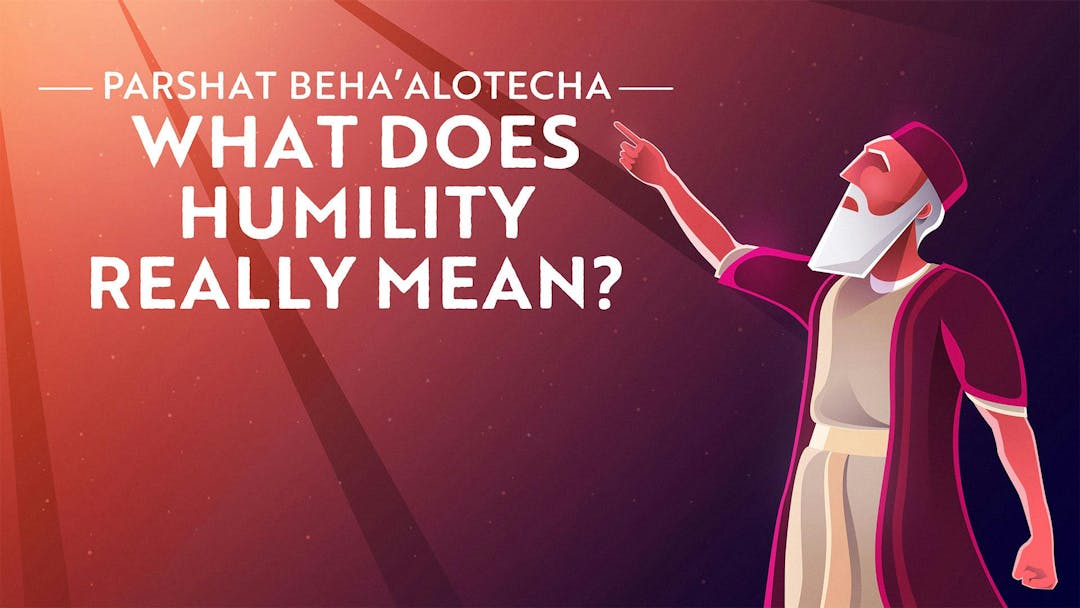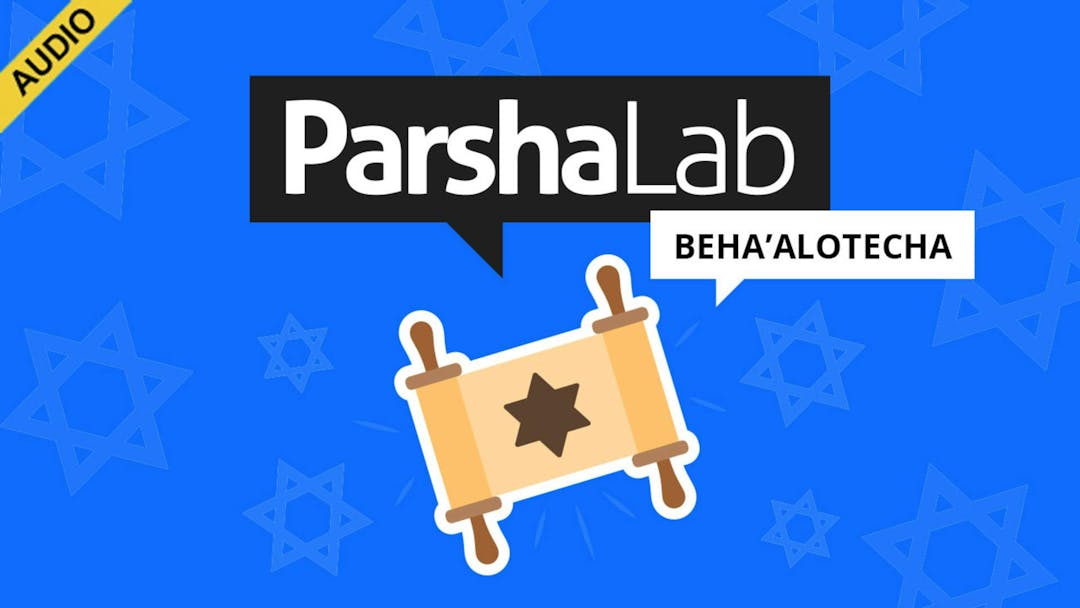Start your free trial today to unlock the full library and enjoy unlimited and uninterrupted access.
Get StartedCan I Be Vulnerable With God?
Understanding Why The Israelites Complained About Manna
We've finally started traveling in the desert. . . and the people immediately complain? Did they suddenly forget that they had just been so close with God?? And how can we understand, and relate, to this seemingly ungrateful, chutzpadik nation?
What is Aleph Beta?
Aleph Beta is a unique kind of Torah library. Led by our founder, Rabbi David Fohrman, we are dedicated to high-level, textual Torah learning for adults that is intellectually and spiritually sophisticated, that enlivens your Jewish practice and helps you forge a deeper connection to God. Whether you’ve been learning in yeshiva for years or you’re just beginning your Torah journey, you’re sure to find something meaningful and surprising waiting for you here.
Browse our library of over 1,000 beautifully produced animated videos, podcasts, deep dive courses, and printable guides. Topics include the weekly parsha, Jewish holidays & fast days, laws & mitzvot, prayers, relationships, big philosophical ideas and more. Have something to say at the Shabbos table that will amaze your family and guests and bring deep meaning into their lives.











